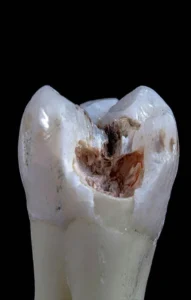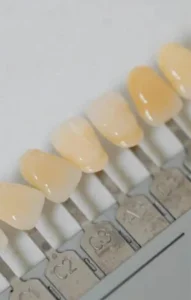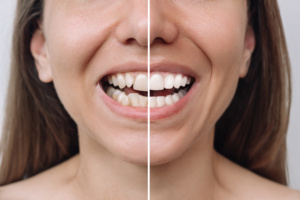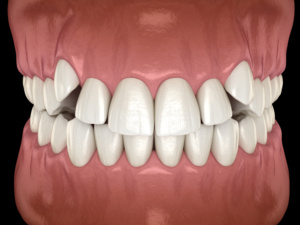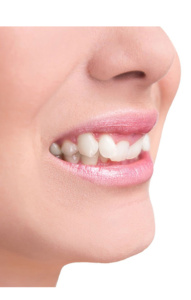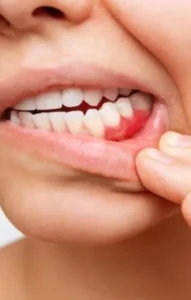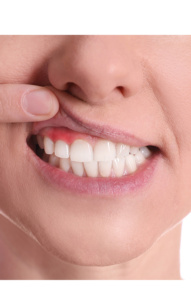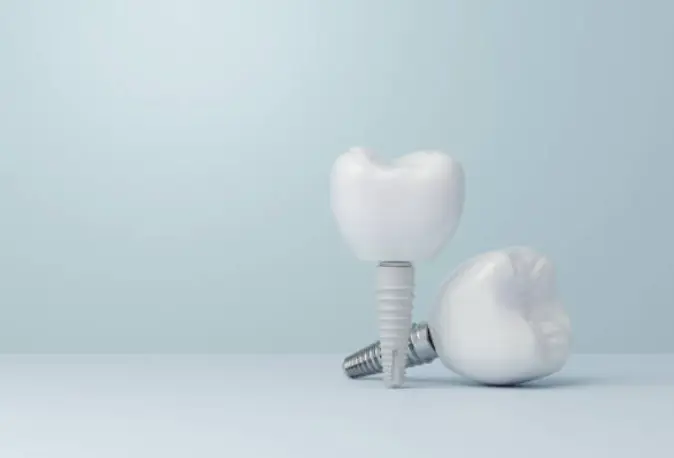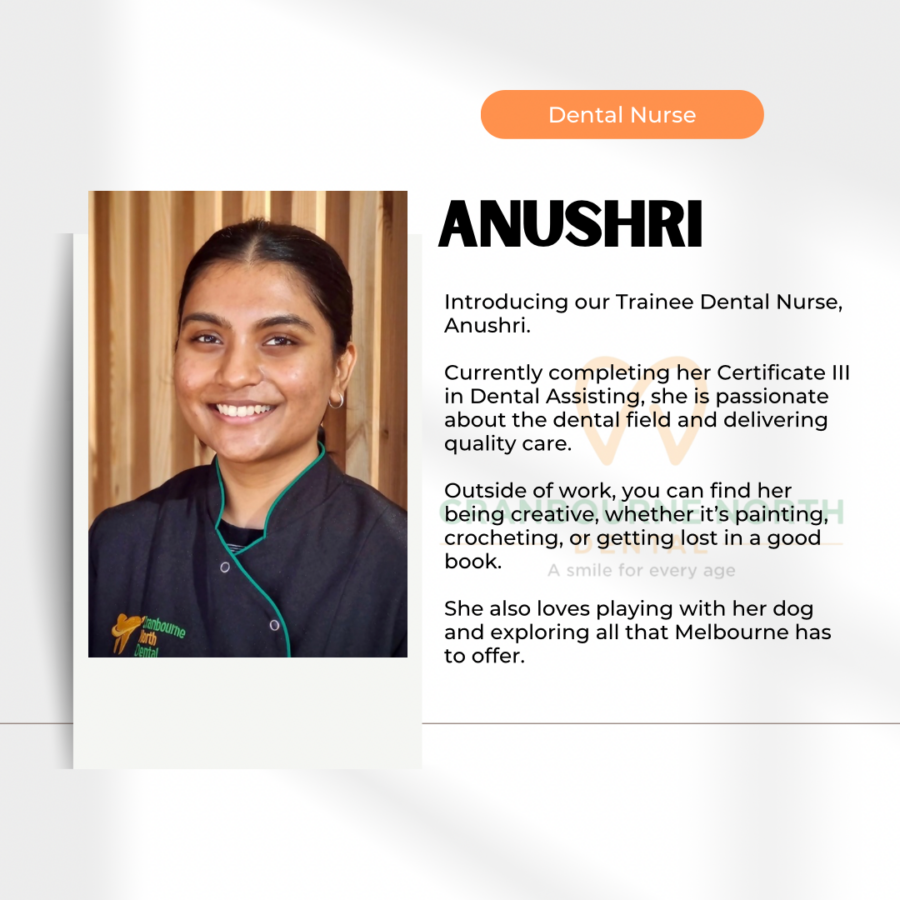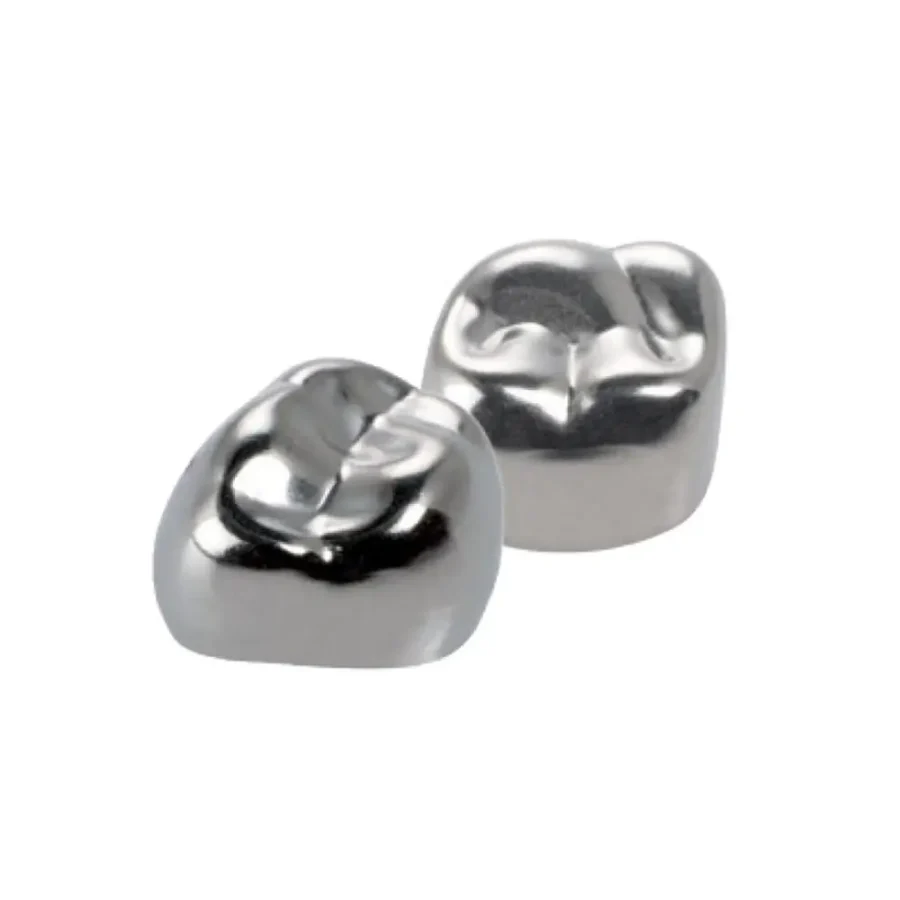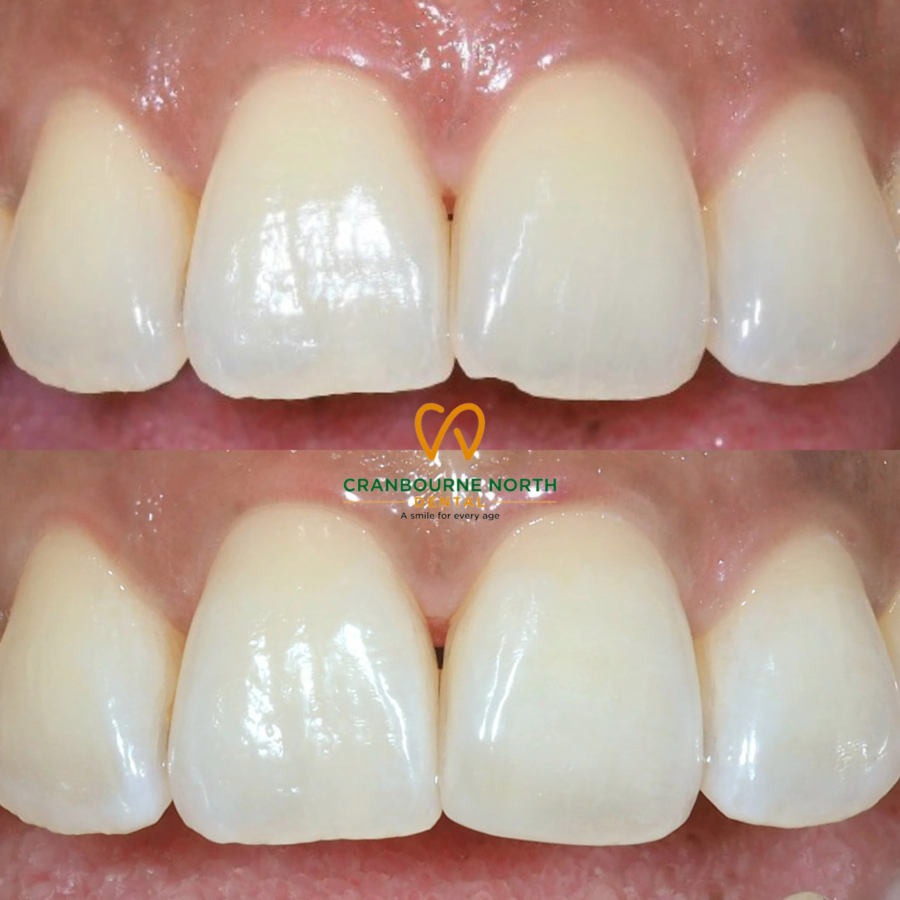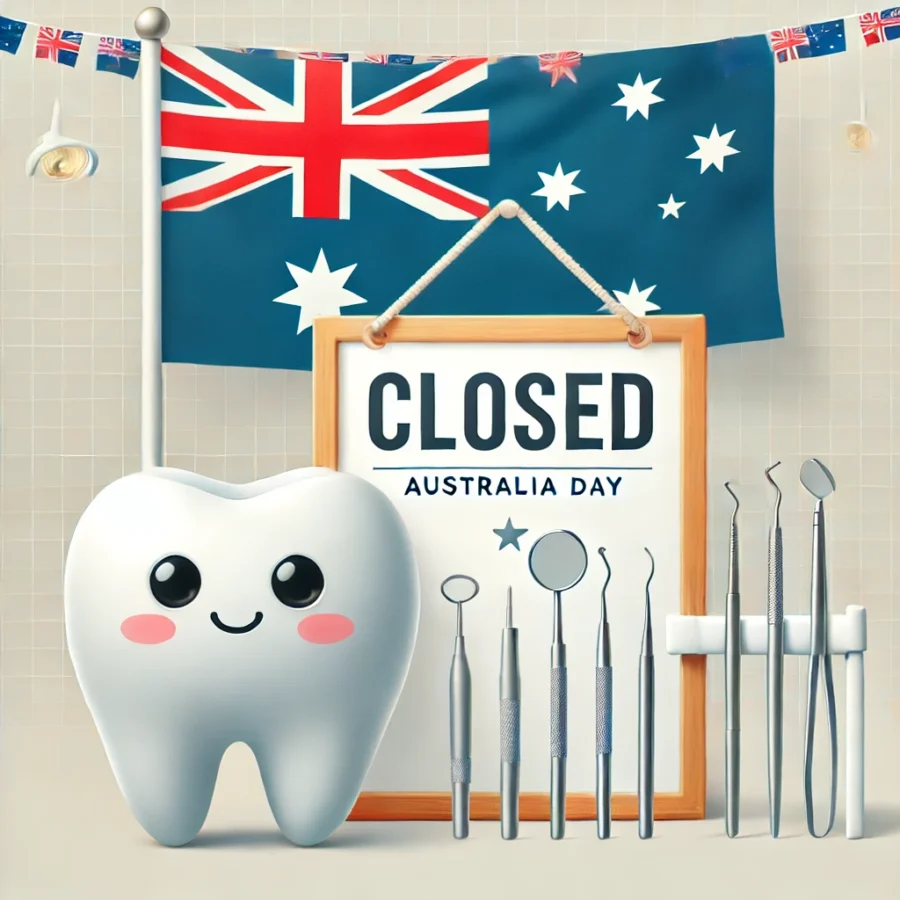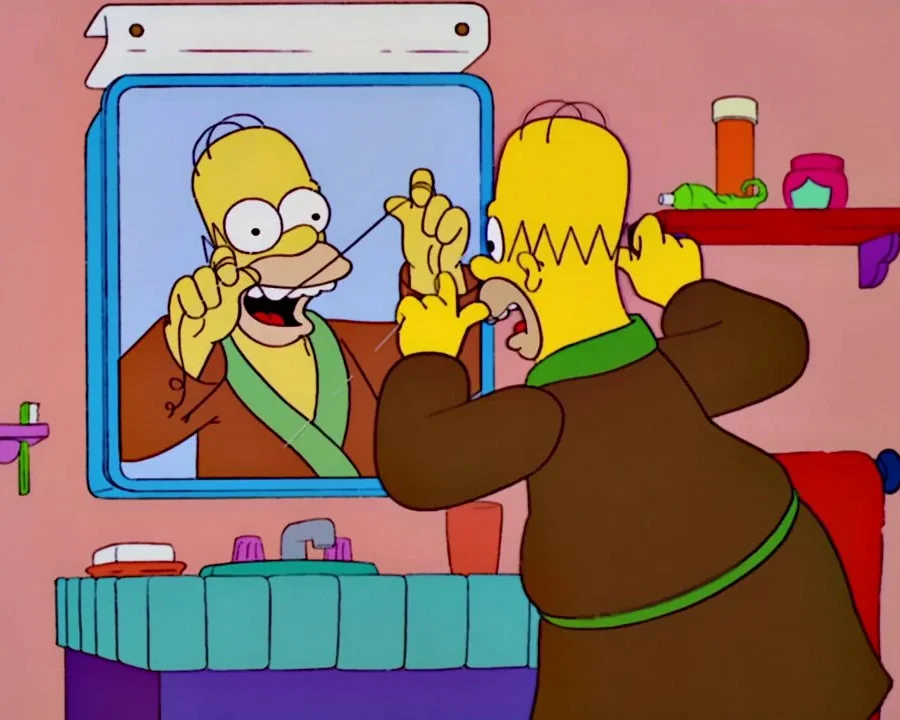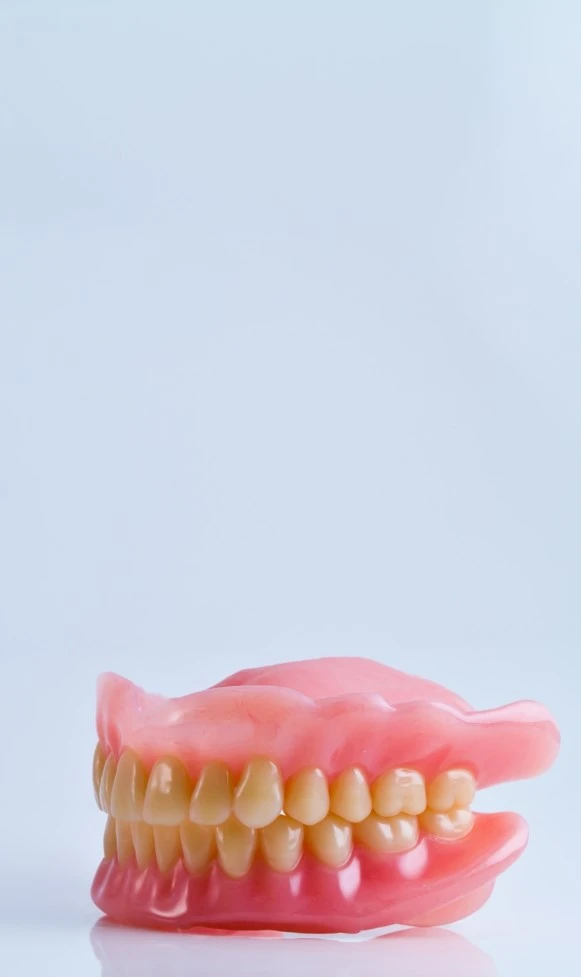
What are Dentures?
Dentures also known as ‘teeth plates’ are removable false teeth to replace your missing ones. They are an easy and economical way to replace just one or multiple missing teeth. Almost everyone is suitable for dentures and they usually require little or no adjustment to the existing teeth and gums.
Types of Teeth Plates
Full Dentures*
If you are missing all your teeth in the upper and/or lower jaws and require a full replacement set of fake teeth. Full dentures can also be dental implant supported, to greatly increase their stability.
*Please note only full Implant Denture cases are done at Cranbourne North Dental. If you are looking for a full denture only, we do not do these cases at our clinic and may have to refer you on for this.
Partial Cobalt Chrome
The best long-term partial denture option. The metal base allows it to be much thinner than the other options with hooks around the teeth to retain it. Due to the metal composition, it is much more durable than the traditional plastic dentures.
Partial Acrylic
The traditional material of choice for full and partial dentures is acrylic. It is cheaper and easy to repair. Sometimes it is used as a temporary option before proceeding to a Chrome denture. They are usually bulky because it is made of a thicker Acrylic Resin with wire hooks around teeth to retain it.
Partial Flexible Valplast
These flexible dentures are not usually recommended as it is really detrimental for your gum health. This is a Denture that relies on tightness around the gums to hold it in.
Implant Retained
False teeth that are clicked into a Dental Implant that has been surgically placed into the jawbone. The Dental Implant itself is not removable but the Denture that fits on top is removable for easier cleaning. We typically use this for advanced gum disease patients.
Do I need a Denture?
It depends on many factors such as the location of the missing tooth, the bite, and the health of the other teeth. Not all missing teeth need to be replaced.
Most of the time, teeth plates are a good economical option if you are missing multiple teeth, not just a single tooth. The more teeth you have remaining, the better the retention of your partial denture.
Full Dentures can be difficult to retain (hold in place) especially if you have lost a lot of bone. Full Upper Dentures rely on the suction from covering the root of your mouth (palate) whereas it is difficult to get the same suction for a Lower Full Denture.
Luckily now there are better options to Dentures, such as Dental Implants but Dentures are still an option if Dental Implants are not an option due to medical reasons or due to financial constraints.
Need help with your Dentures?
We have a variety of Payment Plans available – giving you the flexibility of paying for your Tooth plate later.

Denture creation process
Teeth plates vary in terms of steps depending on the type of materials to be used and the number of teeth. An examples of our workflow is as follows:
- Taking an Impression or scan of your teeth and gums.
- Taking a Secondary Impression with a form fitting tray that is made from the model above. If a scan was done, this step may be skipped.
- Bite registration – a rim constructed of wax is made to record how your jaw bites together.
- Try in – false teeth are set up in the wax and tried in- this is where the dentist and yourself can review the look and feel of the fake teeth and make any adjustments as required. You may need multiple try-in appointments.
- Once the denture is finalised, we fit your denture and made final adjustments.
- It takes time for the mouth to adjust to your new denture. After some time, there may be some sore spots that may need adjustment.
Nowadays with 3D dental scanning technology, the steps are much more streamlined and you will not need as many appointments. Here at Cranbourne North Dental, we are delighted to offer 3D scanning technology as a fantastic tool to decrease the treatment time required to obtain your new tooth plate.
Note: This is case dependent and your Dentist will be able to guide what’s best for you.
Denture Maintenance

Dentures, in-fact, require regular reviews to check the fit against the gums and/or teeth. Ill-fitting dentures may cause ulcerations and gum recession.
Dentures need to be cleaned professionally at least one or twice a year – as they too collect calculus (tartar) just like teeth in the mouth. Fortunately this can be done with the dentures outside of your mouth!
The fitting surfaces of the dentures may need to be re-lined every few years to ensure a proper fit on top of your gums. It is also important even if you have no teeth to visit the dentist for a general check of your mouth and as an oral cancer screening check.
Cleaning your plates
Just like teeth – you need to clean your plates as they are in your mouth for the full day. Wearing Dentures increases the risk of food getting stuck and increases plaque formation. A good cleaning regime is instrumental to avoid bacterial and fungal growth.
It is ideal to remove your Teeth Plates between meals to rinse your mouth and clean any food particles. At the end of the day, remove your Denture and brush it with lightly warm/cold water (no hot water) and non abrasive soap. Rinse well and leave it to air dry. You can also do a disinfectant bath for half an hour a few times a week. This can take the form of Denture cleaning tablets or White Vinegar diluted with water.
Removing your plates while sleeping
There is no simple answer for this and there can be conflicting advice. If you are wearing Full Dentures or Partial Dentures that replace a lot of teeth, it is a good idea to wear it while sleeping as the soft tissues of the face and mouth may collapse due to the missing teeth. This in turn, can affect your airway and sleep and may increase risk of sleep disordered breathing or sleep apnoea.
However, the increase of denture wear at night greatly increases your risk of Oral Candidiasis – which is a opportunistic fungal infection of your gums (gums will turn red in colour and can be sore to touch).
It is best to discuss this with your Dentist as your case may vary.
Problems with Dentures
As with any dental treatment, some patients may experience complications. If you have never worn dentures previously, there will definitely be an adjustment period. Dentures will never feel the same as having your natural teeth even if they are made perfectly.
The most common complaint is the lack of stability of lower full dentures or partial dentures.
Other options to Teeth Plates
Some of the options include:
Dental Implants – A fixed alternative for missing teeth that can be much more comfortable than Removable Dentures.
Bridges – This is also a fixed option and is when a fake tooth is attached to a Crown on an adjacent tooth.
Call Us or Book Online Now
Common Problems
Frequently Asked Questions
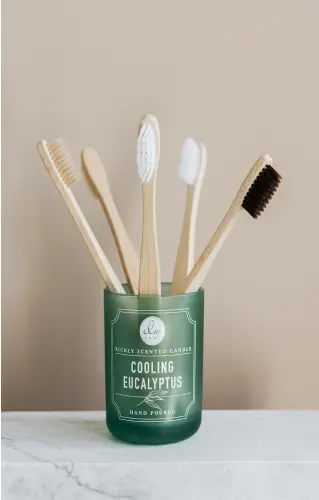
How much do Dentures cost?
The cost of your new plate varies greatly on the type of material used. An acrylic partial plate is the cheapest, which roughly starts at about $1,000. Partial metal plates and full dentures costs more due to the material and amount of steps involved. Implant retained plates are the most costly, costing up to about $5,000. Regardless, plates remain one of the most cost effective ways to replace missing teeth!
How long do Dentures last?
There are many variables for this. Dentures may require replacement every 5-10 years. This is mainly due to the plastic base and plastic teeth of the denture wearing out. When the plastic reduces in thickness, it is at a higher risk of fracture. Metal dentures are much more resistant to wear and tear however the plastic teeth on them are still susceptible. Also with time, the shape of your gums and bone change.

